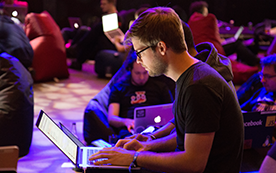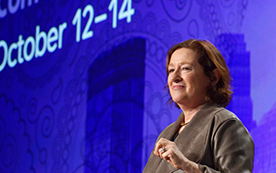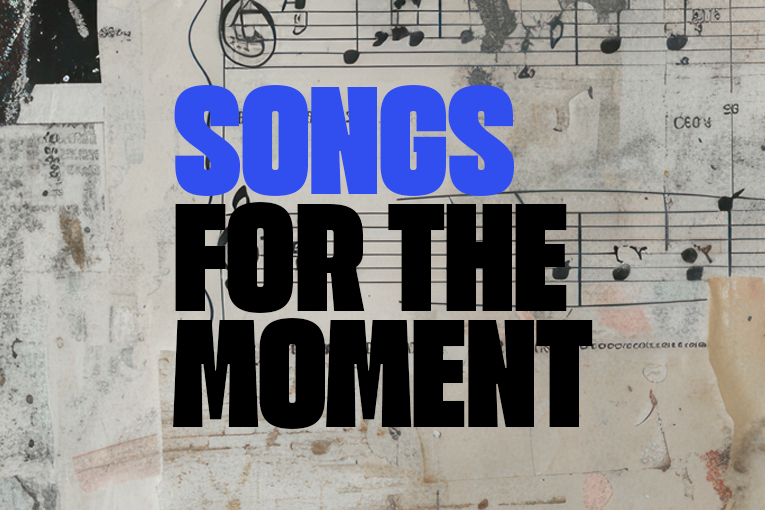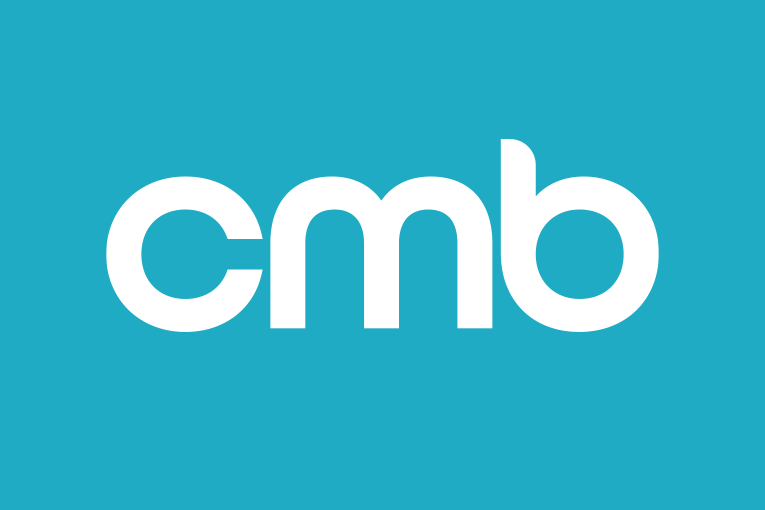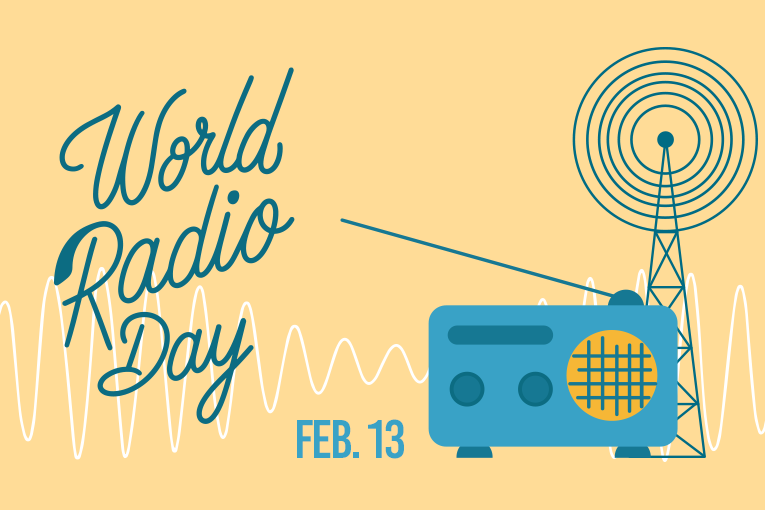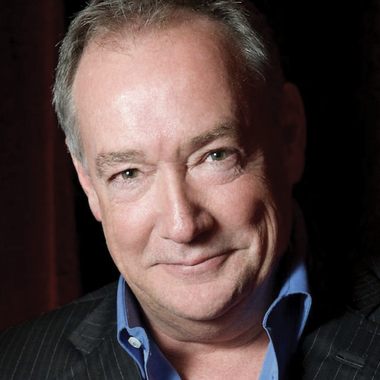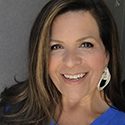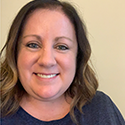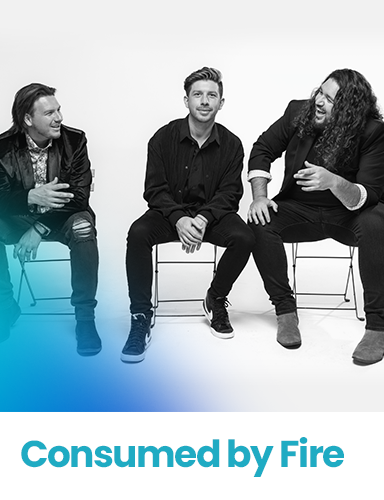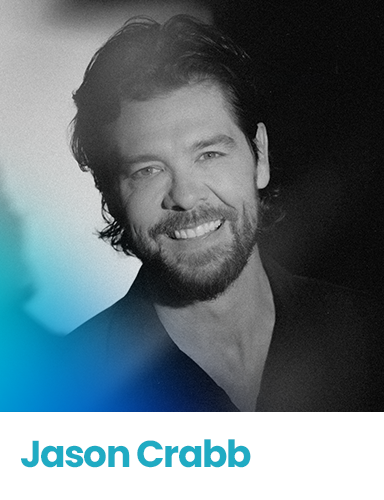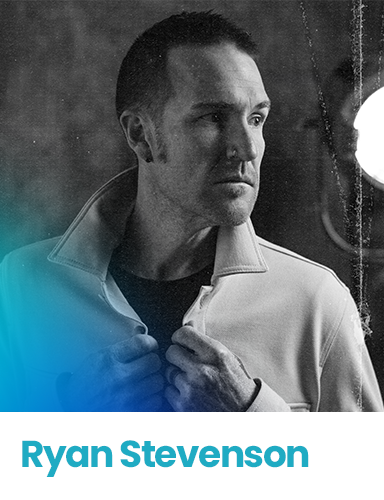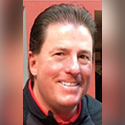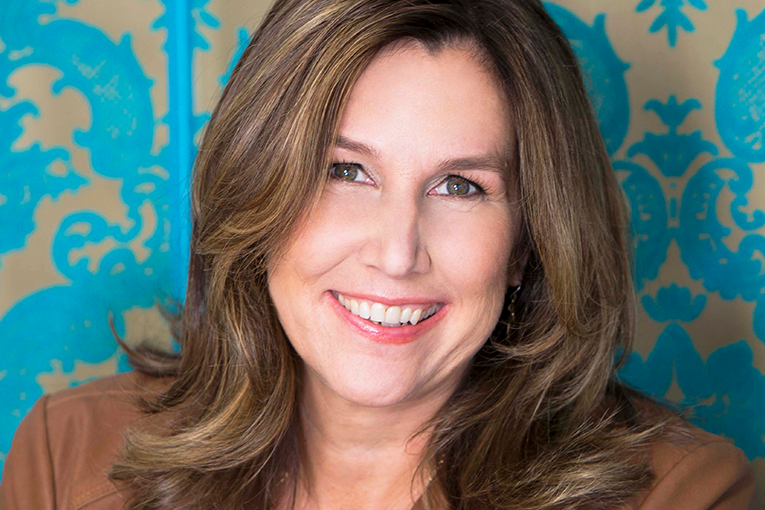
Greetings From The Apocalypse
Last month, Los Angeles was ravaged by multiple wildfires. As a radio person, and LA resident, I was consuming a lot of local news, both on TV and on the radio. The morning after the fires raged, I woke up early to spot check how the music stations were talking about the local disaster, in order to study what worked well and where stations missed the mark.
Here’s what I heard:
One host interviewed a woman who had had to evacuate. The call even had some humor – she had forgotten her husband’s toiletries bag and her daughter’s favorite stuffed animal. It was a human perspective before they got into the “numbers” – acreage, number of structures lost, wind speed, etc. Was it a fake caller? It might well have been.
Another host intro’ed his break with a warm handshake. “Thanks for spending time with us. I hope you’re finding comfort listening to us this morning…” Then they did news and he closed the break teasing the 8 a.m. press conference, promoting their sister station for real time news updates. His out was, “Be careful out there, we’ll be here for you.”
This same host’s next break went right into a call with a listener who had been sent home from work because the power was out. She described the scene outside and commented on never seeing anything like it in her whole life in LA. He then promoted his Instagram account for a photo from the station’s balcony, and invited listeners to tag the morning show on their fire-related pictures, so “…we can move it out to a larger audience!”
Entertainment reports were hit and miss. One was focused solely on the fires, staying on brand without being tone-deaf– James Woods’ home destroyed; Steve Guttenberg’s efforts to help neighbors evacuate; Los Angeles Kings’ hockey game canceled, etc. By contrast, another station’s report discussed a new TV series based on the Shia LaBoeuf movie, Holes.
A few notes for your emergency plan:
Does your emergency plan remind hosts to contact the PD immediately to discuss protocol? Every disaster or tragic news story is unique.
Does your emergency plan include previewing imaging pieces? One show ran a few imaging pieces “[Name of show!] I love it!” that felt out of sync with the mood of the city. Imaging doesn’t have to be morose, but should be neutral during serious moments.
Does your emergency plan include canceling all pre-scheduled social posts? Where other stations were posting pictures, school closings and go-bag checklists, one station ran a snarky prescheduled Instagram post unrelated to the fire.
Does your emergency plan include reviewing the liner schedule? One show ran a liner for a contest happening tomorrow morning. As apocalyptic as Los Angeles felt, it sounded odd to be promoting something without connecting it to the news cycle, like “This is a crazy day… we’ve got some relief for you tomorrow morning at 8 with…”
Could syndicated shows go local only or have more local breaks on days like today? One syndicated show, while local as much as they could be, sounded grossly out of touch during national content segments.
Does your emergency plan include reviewing the music log? I didn’t hear any misfires in this area, but at times, there are particular songs that are not appropriate for certain news stories. In addition, because music is so connective and powerful, there may be a song or two that is not on the log that would sound perfect in the mix.
Two final thoughts:
The biggest challenge for media people is living your life on two levels. The news is shocking and you are worried for your family and home. AND, you’re also thinking about what your audience needs and what they expect from your brand. Remember, whenever they turn on the radio, they’re hiring you to do a job. They come to you for a reason.
Secondly, someone once said “90% of radio is keeping people company, but 10% is keeping people safe.” When news is breaking, be intentional about what you’re offering – how much information your audience needs to be safe, and how you can keep them company.
Whatever you do, don’t do business as usual.
